Do Cashews Contain Net Carbs? How Many Net Carbs Are in Cashews?
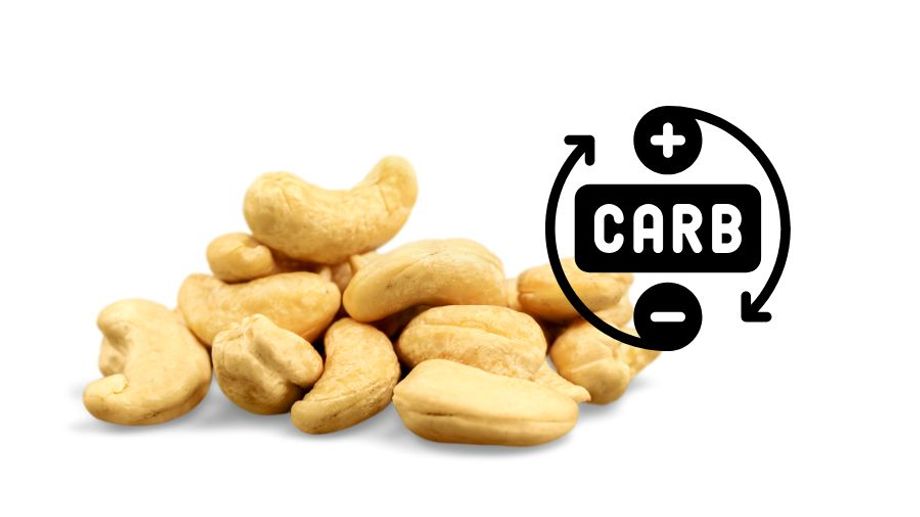
Mục lục
What is a carb? Carb (carbohydrate) is one of the important nutrients for all body activities. Lack of this type of carb, the body to get tired, have low blood pressure, and cravings. Understanding the role and importance of carbohydrates, you will raise awareness of scientifically absorbing this substance into the body to protect your health and that of your loved ones. So do cashews contain carbs? Let's find out about net carbs in cashews!
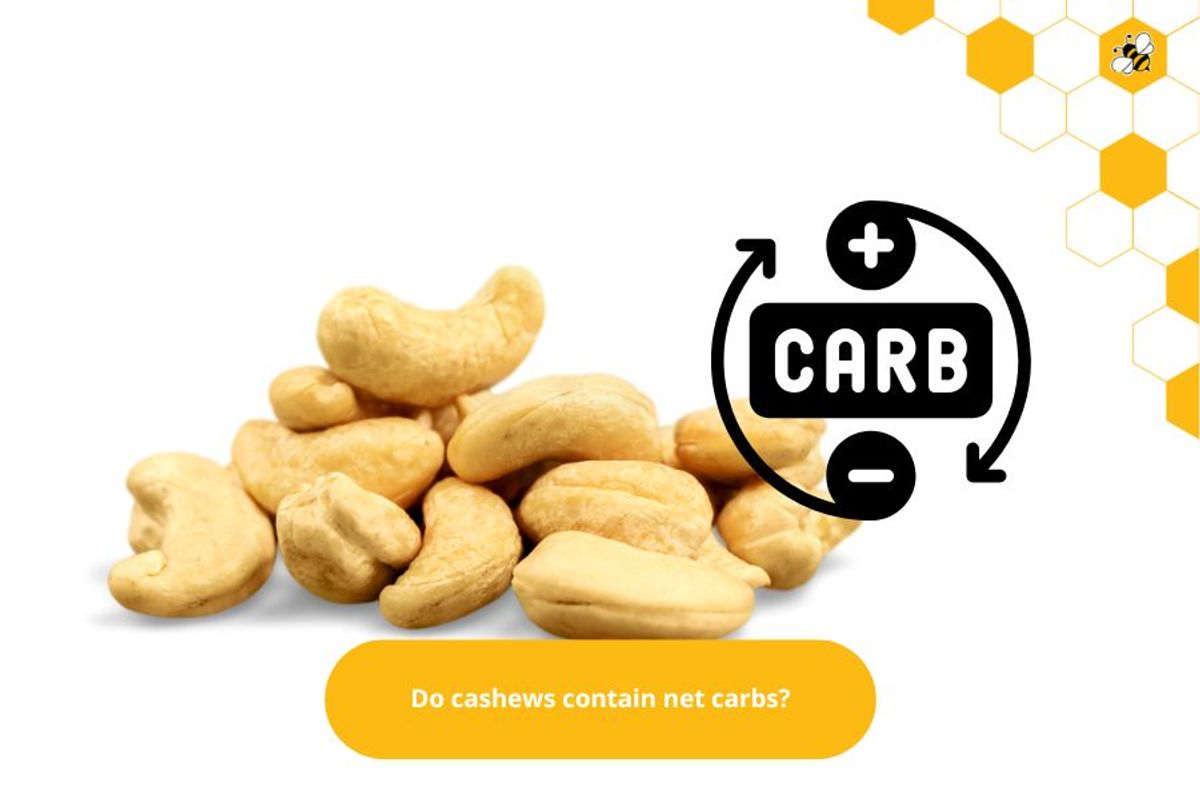
Do Cashews Contain Net Carbs? How Many Net Carbs Are in Cashews
Cashews contain net carbs. A serving of cashews (about 18 nuts) contains about 157 calories and nearly 9 grams of carbohydrates. Of these:
Total carbohydrates: 8.6 grams
Fiber: 0.9 grams
Sugar: 1.7 grams
Protein: 5.2 grams
To calculate net carbs, subtract fiber from total carbohydrates. In this case, cashews have about 7.66 grams of net carbs in a serving (about 18 nuts).
Although cashews are higher in carbohydrates than some other nuts, they still provide many health benefits. Cashews are rich in copper, magnesium, manganese, and vitamin K, along with healthy unsaturated fats. So, you can add cashews to your diet, but eat them in moderation!

What are net carbs? Types of net carbs in cashews
Net carbs (also known as “net carbs”) is a term not officially defined by the government but is often used to refer to the total amount of carbohydrates in a food minus fiber and sugar alcohols. This helps determine how much of the carbohydrate is digested by the body.
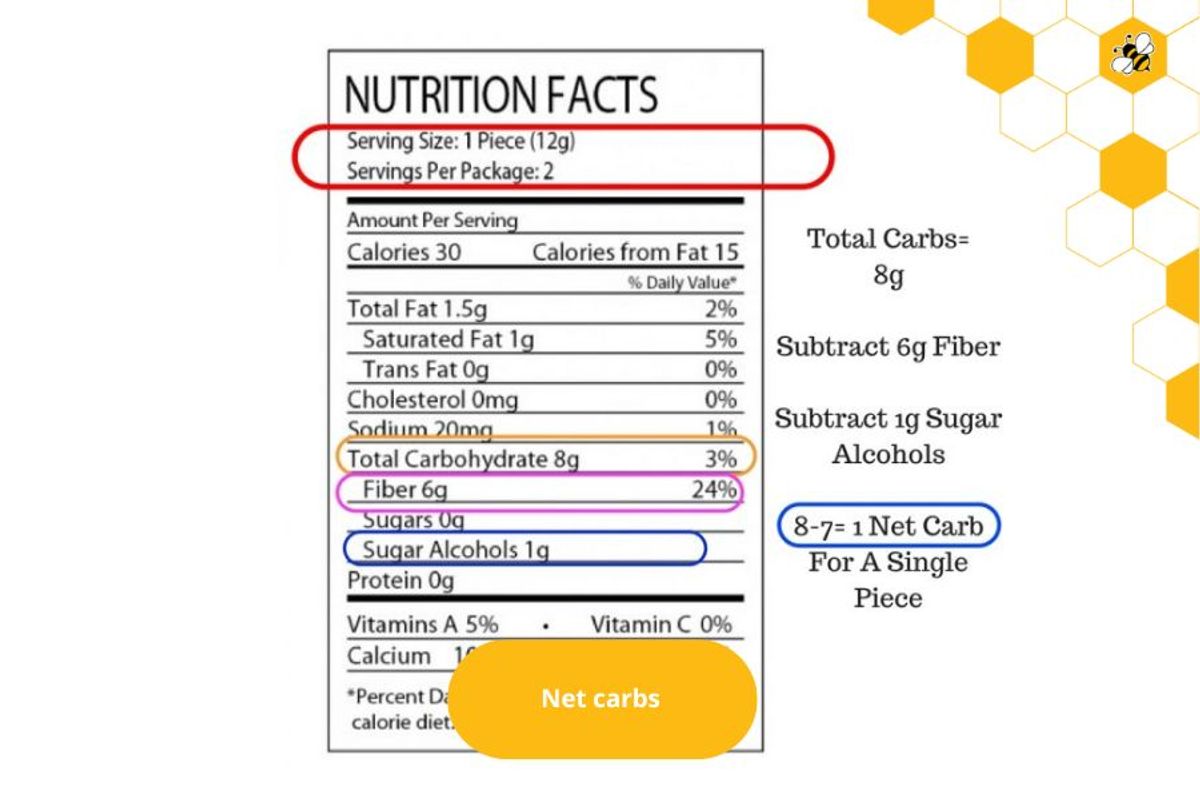
To understand better, let's go over some important points about carbs:
What are carbs?
Carbs (carbohydrates) are one of the three basic nutrients in human food, along with protein and fat.
They provide energy for all the body's activities.
Carbs are broken down into glucose, which the body can use immediately.
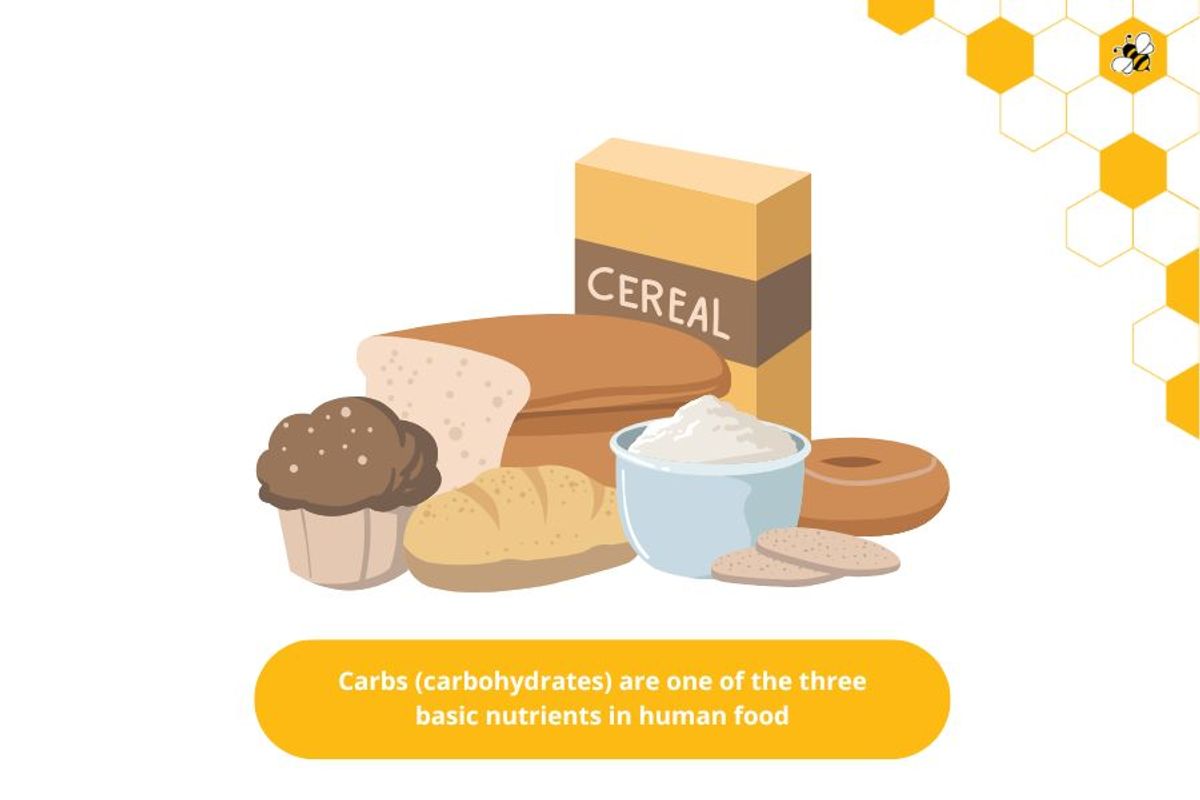
The body's energy source:
The body uses glucose for energy, which is especially important for brain function.
Carbs are the main energy source, although the body can also get energy from fat.
Breaking down fat for energy can create substances called ketones, which are not good for health.
Good carbs and nutrients:
Good carbs are sources of carbs from plant foods that are rich in fiber, minerals, vitamins, and phytochemicals.
Good sources include whole grains, beans, vegetables, and fruits.
Simple and complex carbs:
Simple carbs are small, easily broken down molecules that raise blood sugar levels quickly (e.g. table sugar).
Complex carbs are chains of simple carbs that take time to break down and form glucose.
Choose net carbs smartly:
Focus on choosing net carb sources from natural foods like vegetables, nuts, whole grains, and fruits.
Avoid net carbs from refined sugars and processed foods.

Types of net carbs in cashews
In 100 grams of cashews, they contain the following complex carbohydrates:
Carbohydrates: 8.56 grams
Sugar: 1.68 grams
Fiber: 0.9 grams
Protein: 5.17 grams.
Cashews are not only a good source of protein for the body but also have good effects on cardiovascular health, support the immune system, and provide many antioxidants. These components are very important for body functions.

The effects of net carbs on the body
Carbohydrates (also known as carbs) are a basic component of food that the human body uses to create energy. Let's learn about the role of carbs and their effects on the body:
Provide energy: Carbs are the main source of energy for the body. When you eat foods containing carbs, they are digested into glucose, a simple sugar, and then released into the bloodstream to provide energy for all daily activities.

Support workouts and performance: Carbs provide energy to your muscles and help improve workout performance. When you work out or participate in physical activities, your body uses glucose from carbs to keep your muscles working.

Blood sugar control: Net carbs directly affect the rise in blood sugar after eating. Reducing net carbs can help control blood sugar and prevent diabetes.
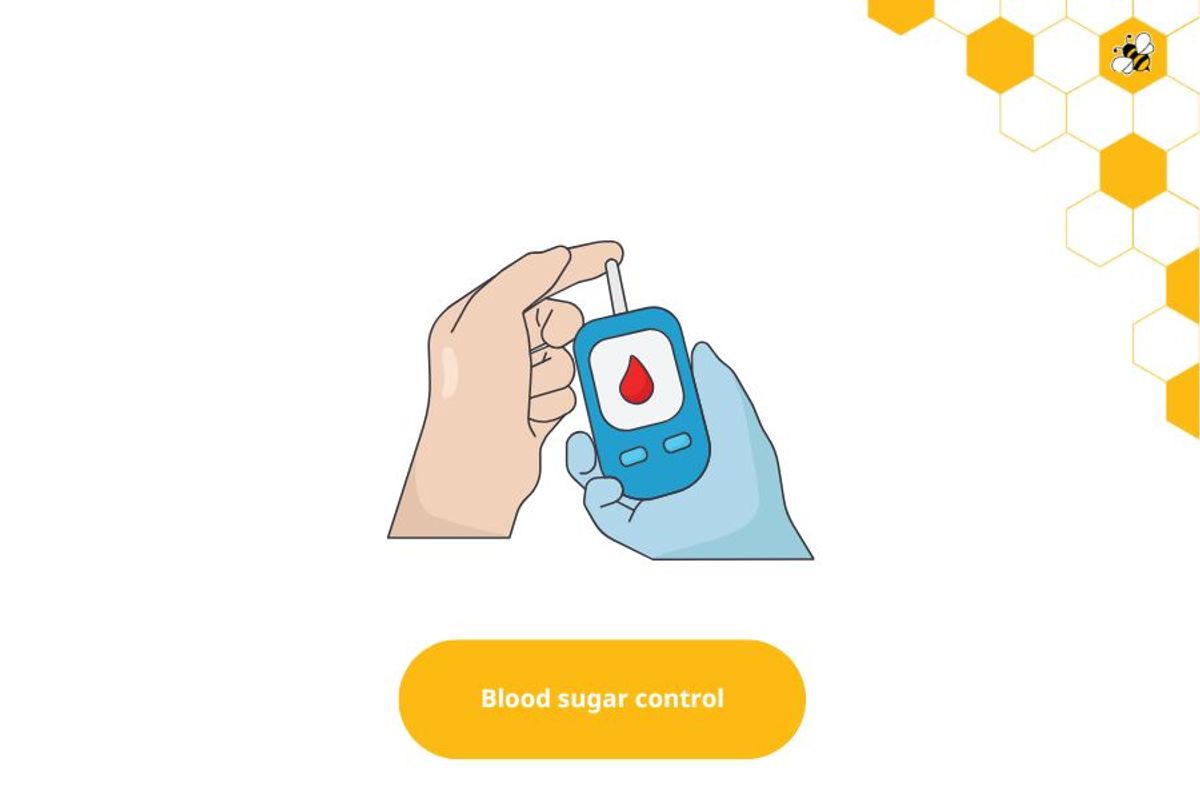
Increased energy and exercise performance: Net carbs provide energy to the body and are the main source of maintaining exercise performance.
Weight gain and weight loss: Carbs can support weight gain or weight loss. When you want to gain weight, providing enough carbs helps maintain weight and build muscle. Reducing net carbs often leads to a reduction in calorie intake, which helps in weight loss or weight maintenance. Meanwhile, when you want to lose weight, controlling carbs helps reduce calories and creates satiety, reducing hunger.
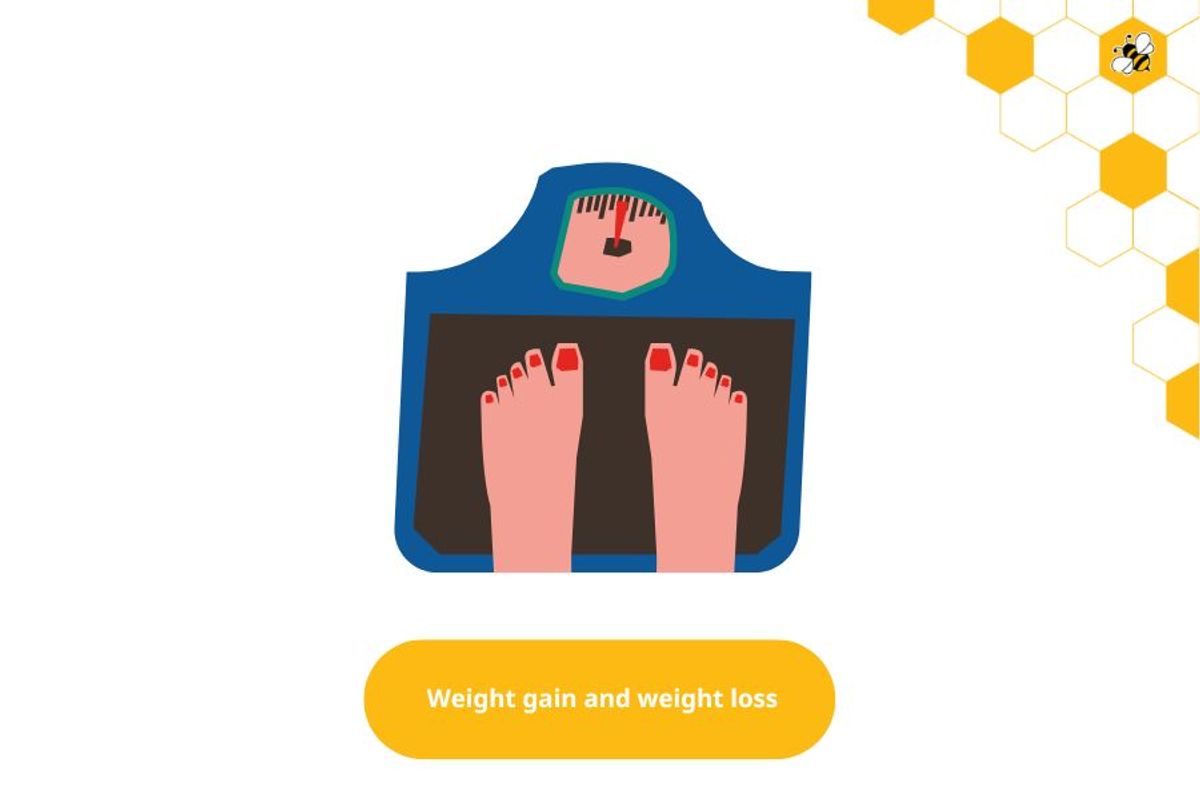
Good nutrition: Carbs provide fiber, which helps maintain satiety and aids digestion. Fiber also helps control blood sugar and reduces the risk of heart disease.
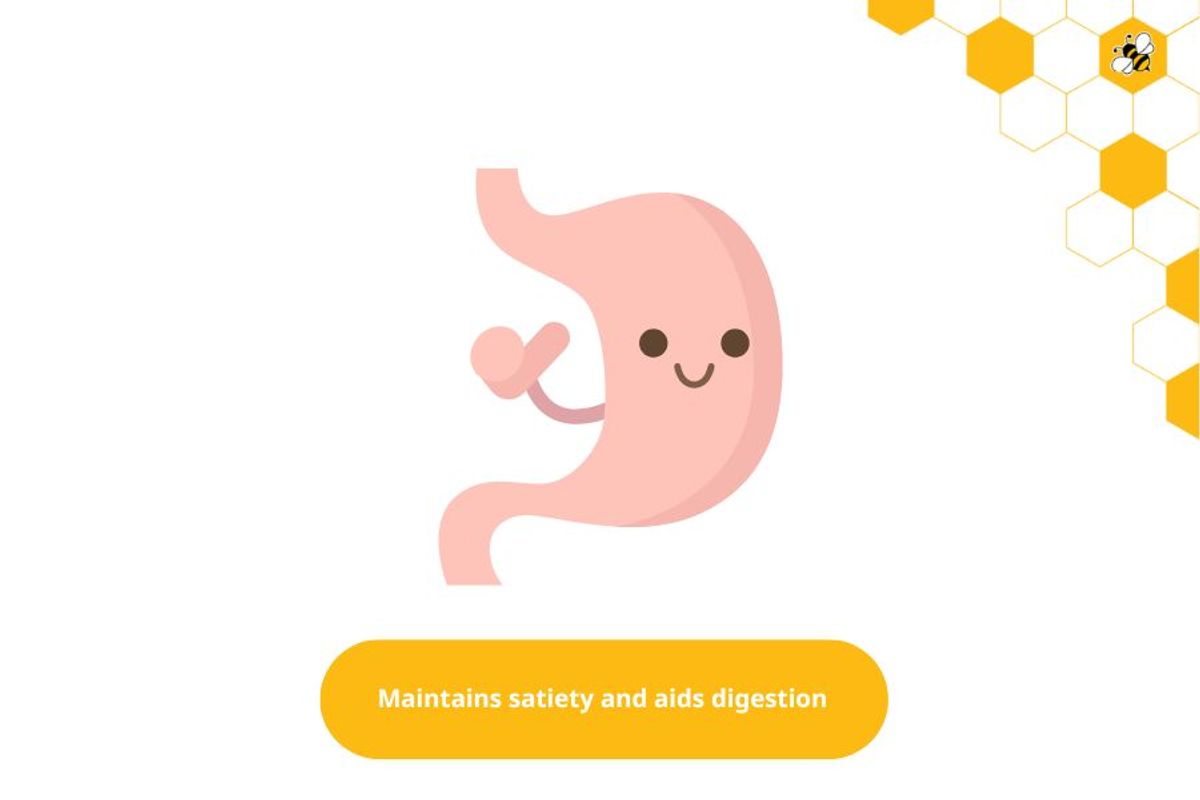
Remember to maintain balance and choose good carb sources such as fruits, vegetables, whole grains, and legumes to benefit from their health benefits!
How to eat cashews with your meals to get the right amount of net carbs
Cashews are a healthy food source, and to get the right amount of net carbs, you can combine them with your meals as follows:
Choose whole cashews: Whole cashews are high in fiber and protein. When you eat cashews, you not only provide energy but also keep you feeling full longer.
Combine with whole grains: Whole grains such as oats, barley, or brown rice provide low net carbs and high fiber. When you combine cashews with whole grains, you can maintain a balance between energy and nutrients.
Add cashews to salads: Cashews can add flavor and nutrients to salads. Add cashews to green salads, fruit salads, or chicken salads to naturally boost your net carbs.
Use cashews in your cooking: You can add cashews to porridge, pasta, or whole-grain bread to boost your net carbs and provide energy for your body.

Remember to maintain balance and combine cashews with other foods to ensure adequate nutrition!
Summary
Hopefully, the above article has provided you with useful information about Net Carbs in cashews. Net carbs are important nutrients in the body, affecting the body's functions. Cashews contain a large amount of Net carbs that are good for the body, so you should use cashews in your daily diet to provide the right amount of net carbs for the body.